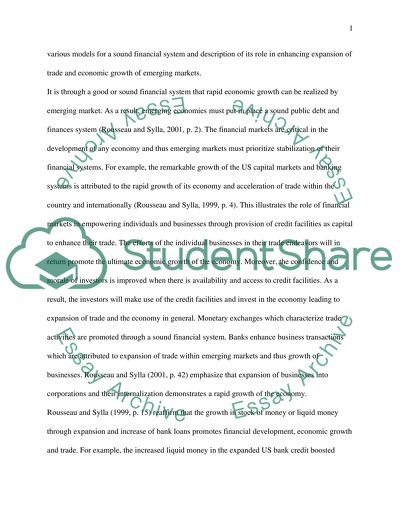Cite this document
(“Emerging Markets Economies Essay Example | Topics and Well Written Essays - 1500 words”, n.d.)
Retrieved from https://studentshare.org/macro-microeconomics/1449210-emerging-markets-economies
Retrieved from https://studentshare.org/macro-microeconomics/1449210-emerging-markets-economies
(Emerging Markets Economies Essay Example | Topics and Well Written Essays - 1500 Words)
https://studentshare.org/macro-microeconomics/1449210-emerging-markets-economies.
https://studentshare.org/macro-microeconomics/1449210-emerging-markets-economies.
“Emerging Markets Economies Essay Example | Topics and Well Written Essays - 1500 Words”, n.d. https://studentshare.org/macro-microeconomics/1449210-emerging-markets-economies.


